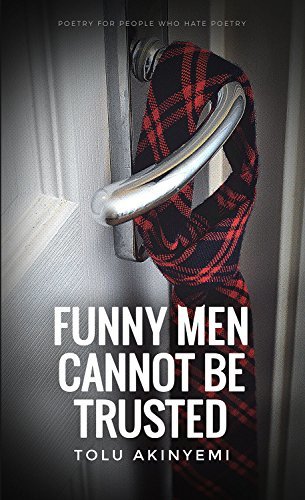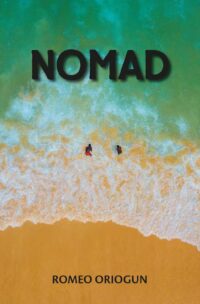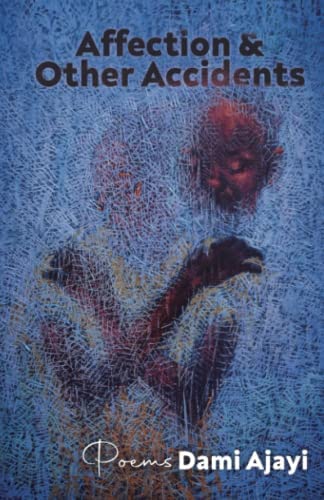The Rovingheights Bestseller List 2022: Presented with Open Country Mag
Every end of the year, since 2020, Rovingheights has shared an informal list of the top-selling titles in its stores. As Nigeria’s biggest literary bookstore, Rovingheights is a pillar of the reading community, providing books that other stores in the country might not have thought to stock. Late last year, its co-founder Tobi Eyinade asked Open Country Mag editor Otosirieze to collaborate on the store’s third annual list. In line with our mission to contextualize African literature (and film!) in the global conversation, we decided to compile the list on a bigger scale. Our motivation: creating the first formal bestseller list in Nigerian literature. Caveat: with data limited to Rovingheights and non-representative of other bookstores.
Beyond the bragging rights they invite, bestseller lists also function as industry reports. It is primarily in this larger sense that The Rovingheights Bestseller List 2022: Presented with Open Country Mag operates. There is the main list of the Top-selling 100 Books, and there are the genre lists for Fiction, Nonfiction, Poetry, Children’s Books, and Self-Published titles. Together, they tell a story of Nigerian reading culture. Books, as we have known for decades now, are no longer the most prized cultural product for most Nigerians, no thanks in part to military rule, but when they are priority, they are pirated into such ubiquity that force legitimate booksellers out of business. So this list is an existential triumph for literary culture. And lists like this show not only the books we buy but perhaps why we buy them at the time we do.
Take the triple placement of Max Siollun’s history books, What Britain Did to Nigeria (No. 4 in Nonfiction; No. 10 in Top 100) and the duology Soldiers of Fortune: Nigerian Politics from Buhari to Babangida: 1983-1993 (No. 9 in Nonfiction; No. 48 in Top 100) and Nigeria’s Soldiers of Fortune: The Abacha and Obasanjo Years (No. 49 in Nonfiction). Or the staying power of Olusegun Obasanjo’s Nzeogwu (No. 31 in Nonfiction; No. 73 in Top 100), a biography of his late friend and one of the leaders of the first military coup in 1966, a book first published 36 years ago, in 1987, when the compilers of this list had not even been born. Or Okey Anueyiagu’s Biafra: The Horrors of War: The Story of a Child Soldier (No. 9 in Self-published). Political books like these may sell more than other kinds, but we also cannot ignore that people are buying them in our current national climate: with elections only one week away and the incumbent president a burden we cannot wait to be relieved of.
Piracy would be why Chimamanda Ngozi Adichie, author of the widest read books of Nigerian literature since Things Fall Apart, does not top any of the categories or make the Top 15 in the Top 100. That and the fortunate trend of her books selling far more in collection than individually. But with Americanah (No. 8 in Fiction; No. 18 in Top 100), Notes on Grief (No. 9 in Nonfiction; No. 20 in Top 100), Half of a Yellow Sun (No. 16 in Fiction; No. 32 in Top 100), and Dear Ijeawele (No. 17 in Nonfiction; No. 45 in Top 100), she is the only author to have up to four books logged.
Meanwhile, Collen Hoover’s decimation of bestseller lists in the US and the UK also reached Nigeria as she makes a landfall with three novels. Other international bestsellers who make it in: Hanya Yanagihara, Michelle Obama, Jordan Peterson, Marcus Rashford.
Rovingheights’ data confirm that fiction and nonfiction far outsell poetry in Nigeria, which is why only the No. 1 book in Poetry, Dami Ajayi’s Affection and Other Accidents, broke into the Top 100, at No. 96. Poetry is the shortest list, but Rupi Kaur and Tolu Akinyemi, writing as Poetolu, manage to slip in two books each. Meanwhile the very titles of the books on the Self-Published list tell a story not of Nigerian reading culture now but of Nigerian hustle. The top-seller in that category: How to Sell to Nigerians by Akin Alabi (No. 3 in Top 100). The top-seller in Nonfiction, however, is not Nigerian. But a Nigerian is at No. 2, with a business book: Aigboje Aig-Imoukhuede’s Leaving the Tarmac: Buying a Bank in Africa (No. 8 in Top 100).
We opted to include only the sales figure of the No. 1 bestselling book of 2022. It is a short story collection, Damilare Kuku’s Nearly All the Men in Lagos Are Mad, and its 2,204 copies sold is over triple the book behind it.
The Top-selling Poetry Books
S/N. Title, Author, Publisher
8. A Little Violence, Seun Lari Williams, Independently Published
7. Home Body, Rupi Kaur, Simon & Schuster UK
6. Like Butterflies Scattered About by Art Rascals, Umar Abubakar Sidi, Masobe Books
5. Nomad, Romeo Oriogun, Griots Lounge Nigeria
4. Milk and Honey, Rapi Kaur, Andrews McMeel Publishing
3. Her Head Was a Spider’s Nest, Tolu Akinyemi (Poetolu), Heart of Words UK
2. Funny Men Cannot Be Trusted, Tolu Akinyemi (Poetolu), Heart of Words UK
1. Affection and Other Accidents, Dami Ajayi, Independently Published





